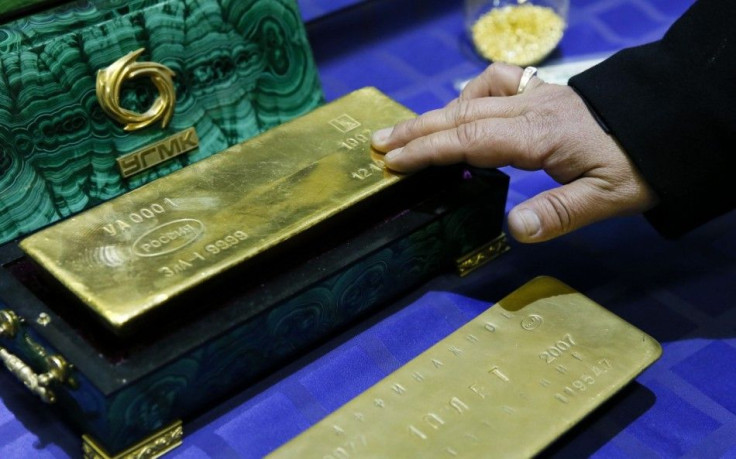Iran Gold: Launches Biggest Processing Plant In Middle East

Iran has launched a new gold-processing plant that will enable the country produce precious metals that will help counter the sanctions put in place by other countries over its controversial nuclear program. The plant can process up to 3 tonnes of gold annually, as well as 2.5 tonnes of silver and one tonne of mercury.
Iranian TV reported the facility is located northwestern Iran near the Zareh Shuran gold mine. The latter has an estimated 20 million tonnes gold ore reserves, news site RT said.
Authorities said the country will be using a "unique" technology with the new plant to process the precious metals. The new plant costs over $31 million to construct.
Data from the U.S. Geological Survey showed Iran had minted more than 40 commodities and about 20 metals in 2012, the year it was slapped with sanctions over claims its nuclear program is actually being used to develop atomic weapons. While admitting that its nuclear program was indeed active, anything produced from it is meant for only civilian purposes and not for the military. Nonetheless, the sanctions have proven to have achieved its goal, as according to YnetNews.com, Iran's oil exports have been greatly reduced by more than half from the previous 2.5 million barrels per day.
USGS data said nine percent of the world's output of gypsum and pumice come from Iran, as well as more than 2 percent of barite, feldspar and sufur. Iran also accounts for over 1 percent of the world's cement, sand, molybdenum and nitrogen output, the USGS added.
Iran is currently working towards reaching a final agreement with global leaders on its highly contested atomic program. Iran has been given until November 24 to finalize an agreement.
But advisers of U.S. President Barack Obama believe the chances of reaching an agreement with Tehran one week from now is at only at 40 to 50 percent. Observers likewise believed that if ever a deal was made at all, it won't be a comprehensive one.
"The two sides just remain too far apart, and the amount of horse-trading that would be required for a deal is too complex to get it all done in time, even if both sides really wanted to," the Washington Post quoted Mark Fitzpatrick, a former U.S. diplomat now director of the nonproliferation and disarmament program at the International Institute for Strategic Studies.





















